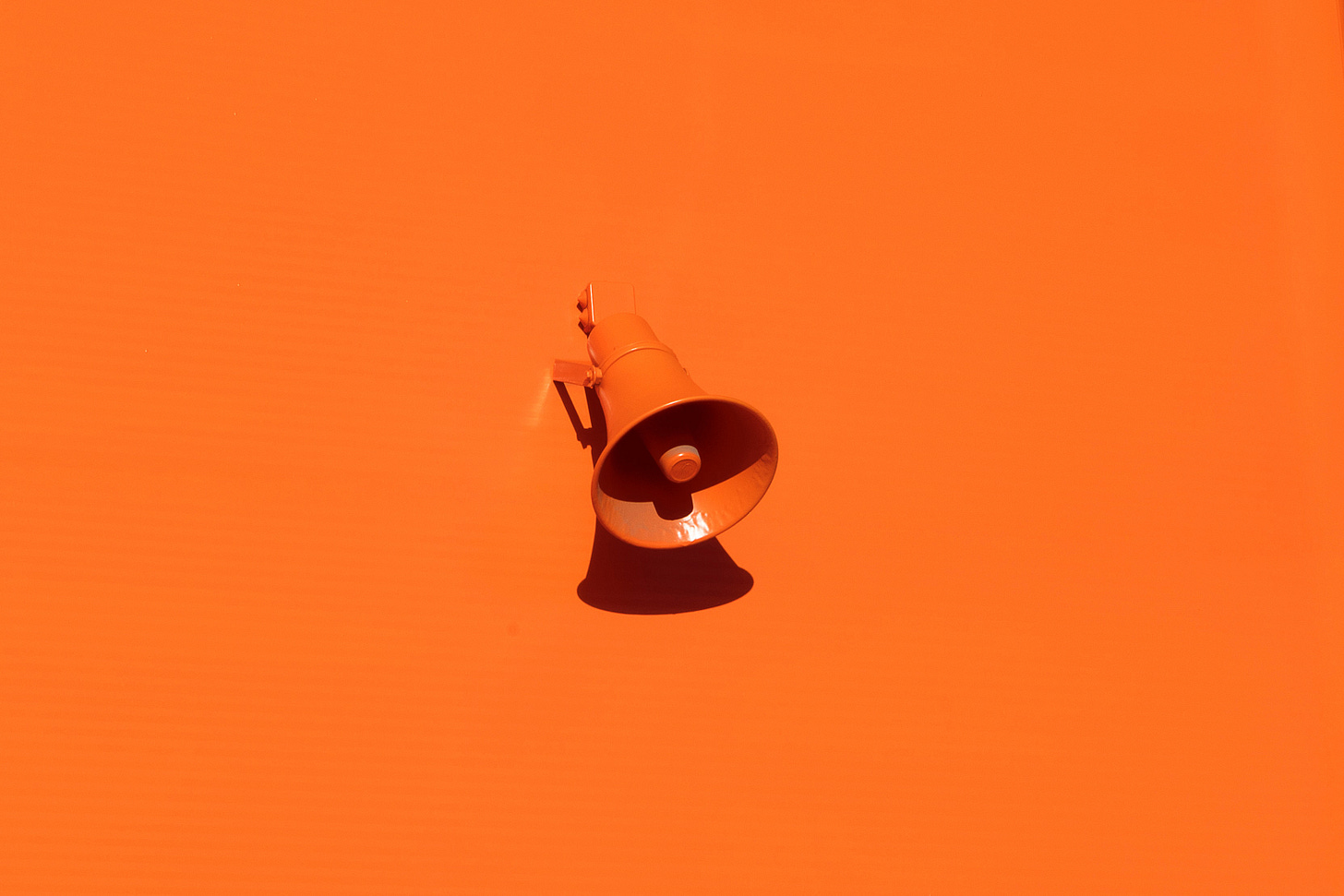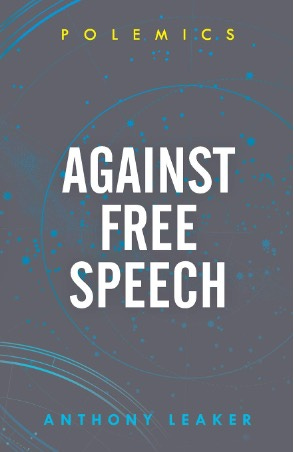I’ve been reading a lot about free speech recently, especially as it relates to our higher education campuses here in the US. But even off campus, there has been a resurgence of conversation across various sectors of American life about the right to free speech – what it means and how it’s practiced. Free speech is, here in the US, a fundamental right. But, increasingly many are advocating for limiting this right in the name of saving our democracy.
I am pro-free speech, despite the ugliness that can come from it, because I believe in the underlying philosophy of the right to free speech. But, it’s good practice to be able to read and fully understand opposing viewpoints and arguments to help better understand one’s own argument. And now that I work in a space where the right to free speech is foundational to much of what we do, I’ve been branching out to engage with opposing arguments. And so, I read Against Free Speech by Anthony Leaker, on recommendation from a colleague.
Readers will recall that I recently read – and critically reviewed – Campus Misinformation that explicitly focused on free speech on campus and argued that the free speech “crisis” is manufactured and has consequently given rise to reactionary republican authoritarianism. Against Free Speech takes a similar perspective that discourse around free speech across American life has been “weaponized” as an ideological tool. Leaker also addresses the ways in which free speech is misused to argue for greater regulation of speech.
The book is a quick and direct read about how free speech has not lived up to its ideal across a range of areas including campus culture, politics, race, and religion. Specifically he argues that the two main reasons to be against free speech are that free speech has been weaponized to legitimize all the -ists and -isms in our society today, and that the discourse legitimizes liberalism as a ruling political philosophy.
I think these are weak points. But they are understandable if someone does not ascribe to classical liberalism and thus the philosophical underpinnings of free speech as a principle of democratic society. If someone ascribes to the political perspective that our society is a white supremacist nation and free speech can be used as a way to argue against such a perspective and argue for different political points, then sure, free speech is bad and should be regulated. It makes sense from that world view, at least enough.
Leaker is more concerned with the practice of free speech and its implications rather than the philosophical underpinnings of it as a principle and right. Overall it’s an interesting read that proponents of free speech should read. It’s also a short, quick read that is organized and written well. I disagree with nearly everything in this book, but it’s a good read.
Published: 2020
Publisher: Rowman & Littlefield International
Format: Paperback
If you think this sounds interesting, bookmark these other reads:
Campus Misinformation: The Real Threat to Free Speech in American Higher Education by Bradford Vivian (2022) | Read my review
After the Ivory Tower Falls: How College Broke the American Dream and Blew Up Our Politics―and How to Fix It by William Bunch (2022) | Read my review
This post contains affiliate links, allowing me to earn a small commission when you purchase books from the link provided. There is no cost to you, and this will allow me to keep this newsletter free and open to all. Happy reading!







Yes: loss of full free speech has been sad, and largely coming from the political left.
It’s not whether or not, we should have limits on free speech. We already do and very few would oppose the idea of having some limits. The more interesting debate is what if any principled way is there of identifying speech that should be limited or prohibited.